Fatherless Daughters of New Jersey Are Finding Their Peace
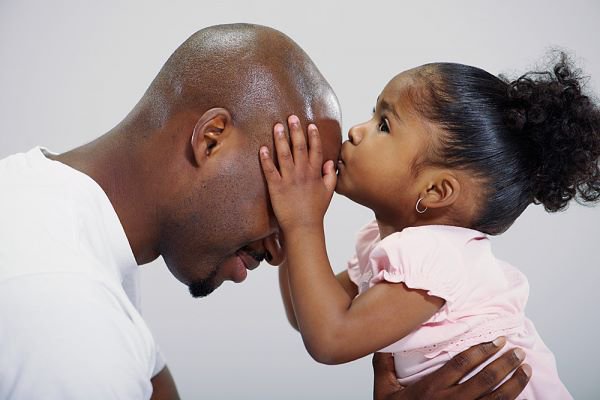
June 20, 2016
Lizzy turns over a pretty pink envelope, etched with a cornered lace design that reads:
“You are cordially invited to attend the 3rd Annual Father Daughter Dance at Walden Elementary. Join us for an unforgettable and enchanted evening of elegance, fun, frills and family.”
With a sigh, she tosses the pink envelope aside for this is the third Father Daughter Dance that Lizzy will most likely not attend.
It’s now 7:00 pm. Fuchsia colored lights strobe the gymnasium floor while the DJ booms the 1965 Temptations classic, “My Girl.”
It’s a dance floor of curls and curtsies. Taffeta, polka dots, lace, chiffon, tights and ribbons scurry the floor. Little princesses are hand in hand with their knights in shining armor-their dads.
Though the story of Lizzy is fictional, little girls have lived out this scenario and other like it. Whether the absence of the father is due to divorce, separation, incarceration, death or any other reason, the children of these families are forced to carry a deep psychological scarring.
According to the U.S. Census Bureau, 1 out of 3 children live in a home without their biological father. That’s an estimate of 24 million children. It’s a growing epidemic that puts a seen and unseen strain on the family structures of today. “Such differing types of absence in the girl’s life may have major consequences of varying kinds,” says psychotherapist Gabriella Kortsch Ph.D.
“A little girl needs to see herself reflected in the love she sees for herself in her father’s eyes. This is how she develops self-confidence and self-esteem. This is how she develops a healthy familiarity with what a positive expression of love feels like. This is how she develops an appreciation for her own looks, her own body,” continues Kortsch.
The unavailability of this father’s presence, will negatively affect how a little girl will see herself. The rejection, emotional detachment, or abandonment will greatly influence self-will, confidence, and self–esteem and even appeal.
On July 14th 2013, relationship expert and inspirational speaker Iyanla Vanzant, addressed a colorful sea of fatherless women on Oprah’s Life Class show. Seated alongside Oprah Winfrey, Vanzant deemed this series Daddyless Daughters. This was a two part program that followed Fatherless Sons. From letters to the network to social media tweets, viewers were yearning for the Fatherless Daughters counterpart once Fatherless Sons had aired.
In her interview with EBONY magazine, Vanzant says, “In the 30 years that I have been facilitating shifts in the human consciousness , the most difficult, dysfunctional challenges I have ever met have all had their roots in a father being missing or a breakdown of a mother. They are the most dysfunctional people I have ever seen.”[EBONY Magazine July 2013]
This super soul diva had her audience and viewers at home taking notes. When had this ever been done before? It was a ground-breaking moment, those “little girls,” turned women were looking to be healed. They were looking to find peace of mind and to heal their father aches and daddy wounds. Vanzant boldly told her audience to first acknowledge that they are daddy less and to sift through the level of emotional dishonesty used to hide those feelings. Issues of promiscuity, abandonment, approval seeking over committing, and lack of self-worth were all tackled, head on.
It wasn’t long after the airing of this series that Daddyless Daughters began trending on Facebook, Instagram and Twitter. Empowering memes reading, “I Am A Daddyless Daughter,” was brewing up the conversation and breaking this stigma that does exist within families all over.
Their Voices
Frankie Smith, 59, is a community activist of Englewood New Jersey. “I recall seeing my father at six and eight vividly. He had brought me a toy telephone, 2 dresses and a coat.” Though Smith says that she recalls positive memories of her father, she also says that his whereabouts were unknown.
It wasn’t until a faithful day at 1018 University Avenue Bronx, NY that Smith says changed their relationship from that point forward. Smith had accidentally run into her father in April of 1970, by mere chance. She was thirteen years old. “He seemed as if he was genuinely happy to see me,” Smith recounts. “He was like the missing piece to the puzzle. I knew I had a dad, but I didn’t know where he was.”
From the age of thirteen, Smith says that she was able build a lasting relationship with her father. “He was there for me financially as well,” Smith says.
Sunday, February 24th, 2008 Smith traveled to the Bronx to visit her father. Smith took two buses to 763 E 168th Street, off of Tinton Avenue.
Once approaching the old, two-tone, two family house, she opened the chain linked fence, and walked three steps to a locked screen door. Knocking over and over with no answer, she decided to walk around the side of the house. There she yelled, “Dad…..Dad……Dad!” She anticipated that he would hear her being that his bedroom rested at the back of the house.
At that moment, there was still no response from her father.
In many cases women may not have been as fortunate as Smith to have rebuilt a strong and lasting relationship into adulthood.
Chambers, 30, of Newark, New Jersey says, “The absence of my father is through death. My greatest struggles were at first feeling that I was missing out on something others were able to have.” She was only seven years old. When asked what comes to mind when she hears the word father, Chamber said, “I think of a man who is the reason why you exist, a part of your DNA. Father is a man, who is supposed to be a part of your upbringing/childhood, protect you from harm, provide for you, guide you, and give insight on how to deal with life”
Esther Semexant, 29, of Hackensack, New Jersey says, “Until recently, whenever I heard the word father, I would think of my grandfather and uncle who helped raised me and filled the void of not having a father. However, now that my father is on his deathbed, I can’t help to think of how he didn’t make an effort to make amends with his family. Watching him suffer on his death bed pained me greatly, but not as much as the words of rejection and his brush aside attitude towards my sister and I.”
“If a girl has not been assured of her value as a woman by that early relationship with the father, she finds it difficult to relate to men precisely because she may often unconsciously seek to find that recognition in the eyes of the beloved…and this may lead her down an early path of promiscuity,” suggest Kortsch P.h. D.
“I was not promiscuous,” says Semexant. “Being raised in a strict household and taught biblical values helped me to remain morally intact.”
Dr. Steve Perry, the Principal and Founder of Capital Prep likened promiscuity to self-mutilation. “Perhaps the arena in which the most painful process of learning how to deal with the early lack of a father is played out is in that of relationships,” says Kortsch Ph.D.
Chambers recounts that promiscuity was never a real issue of hers but sure enough, there was an issue with guidance in love. “I have no direction on how to have a love life or evidence of what a healthy relationship is between a man and a woman. What’s would daddy feel? I mean were all humans and all have feelings, some may be similar. So I feel the understanding a guy and how to be of comfort for a guy in a relationship is definitely an ongoing learning experience.”
Often times, given the absence of a father or a positive male role, a woman cannot receive an accurate visual on how a man should love a woman.
Though Chambers lost her father as a little girl, what steps, has she taken towards healing as woman”
“I‘m Staying positive. I’m always thinking that he provides strength through his absence and keeping safe valuables belonging to him. For example, I have a picture of a koala bear hanging always in my apartment.”
Semexant says, “Now when I think of the word father, I think of forgiveness, internal peace, and the saying “C’est la vie”.
I do not consider having a father as a trauma. My mother and an immediate family member made sure to fill the void of not having a father
Accept and Tell the Radical Truth
Accept the absence of your father as it is. It may be a hard pill to swallow but, acknowledgment is the first steps towards healing. You must be one hundred percent honest with yourself. It may even help to start out by saying the words I am a fatherless daughter.
Forgive
You must forgive your father. He could be the worst person on earth yet still, forgive. Forgiveness is giving you that gift to let go and rid yourself of that emotional dishonesty. Forgiving your father does not mean that what was done to you was okay. It means you are steps closer in your strides toward healing,
Understand the feelings
The wounds of parental abandonment run deep, and affect each person differently. In our day to day lives, these feelings get masked, ignored and harbored inside of us. Some might feel that allowing yourself to be vulnerable is a sign of weakness. In fact, it is a sign of utter strength to be one hundred percent real, raw and honest with yourself.
Semexant says “I harbor the feelings of total rejection and sorrow.”
Sit with yourself and acknowledge those feelings that arise when thinking about not having your father in your life. Try to understand what is causing you to feel the way you feel.
Get support
Because fatherlessness is epidemic, that means you are not facing this alone. You can be encouraged by other women that are battling the same issues that come along with having an absent parent. Since the airing of Vanzant’s Fatherless Daughters series, budding online communities such as the Fatherless Daughter Project have made a platform for fatherless women. Kia Stephens is the creator of The Father Swap Blog, (fatherswap.com.) “I created this blog for women that grew up without the love and affirmation of their biological dads for encouragement, wisdom and healing.” Stephens is one of many bloggers that have took to social media in efforts build awareness, encouragement and support.
When asked what advice she would give to a fatherless daughter, Chambers said “Don’t ever feel less than because you were a “fatherless woman;” But be grateful for those that are able to contribute to your upbringing and who helped mold you into the individual you are today.”
Reclaiming, Redefining, Recreating the Self
It becomes detrimental to the process of healing if you are constantly thinking about how your life would have turned out had you had your father. Redefine yourself now as a woman not as a little girl. Loving yourself for who you are. Don’t caste the little girl aside that yearns for a father that paints the picture perfect world with him in it.



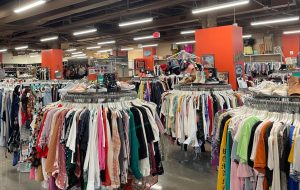
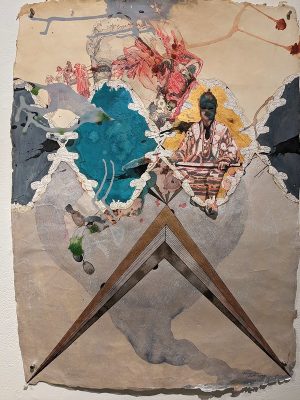



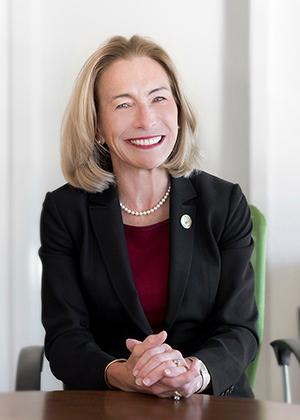
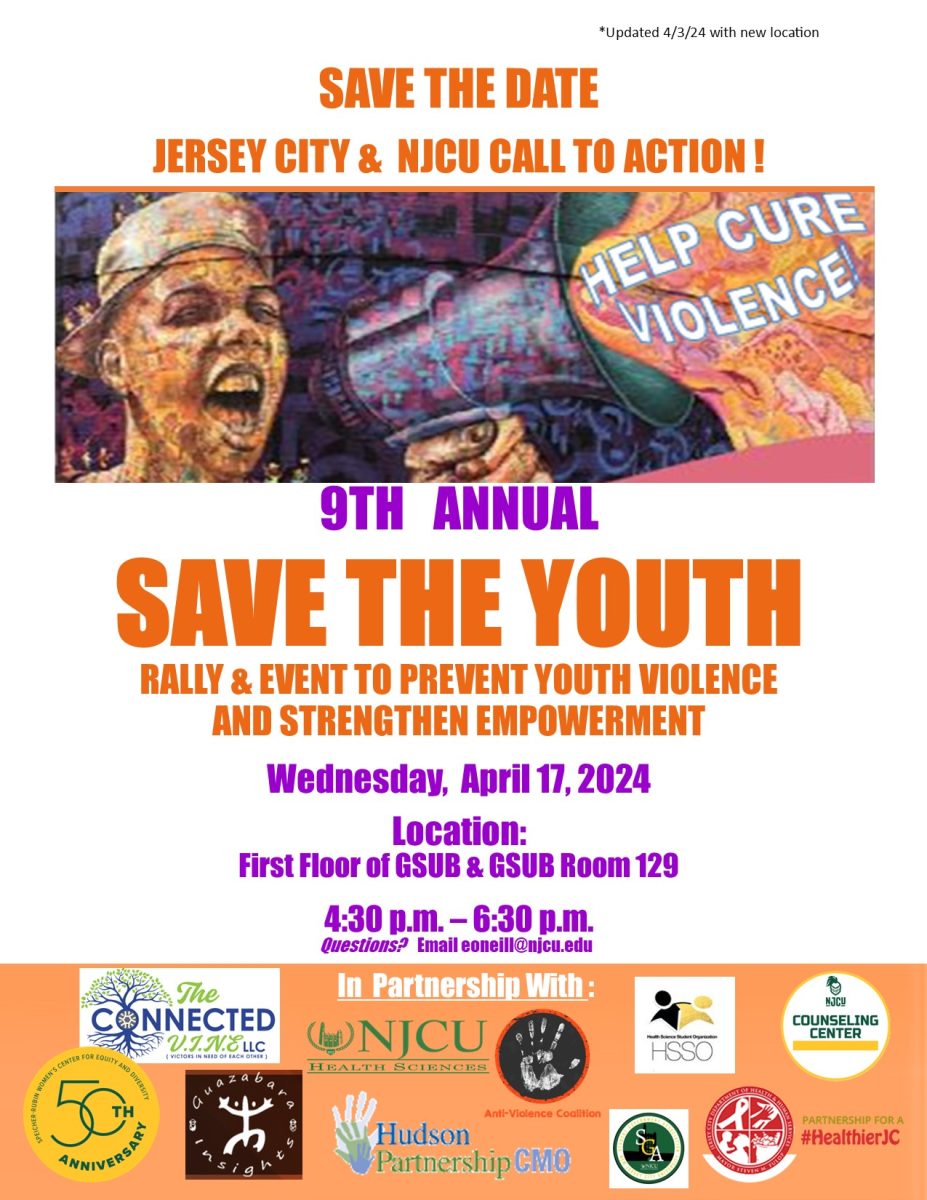


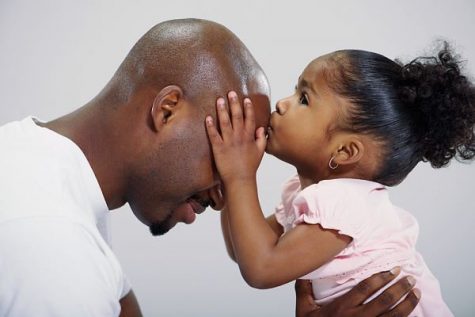

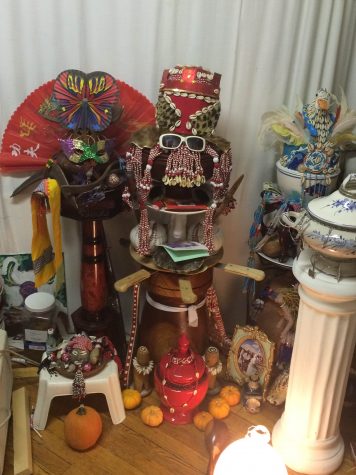
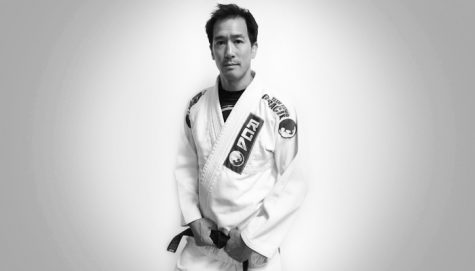
Heidi Espinoza • Feb 3, 2024 at 10:12 am
My daughter, Julia is turned 16 2 days after her father got on a plane and returned to his home country of Ecuador, to stay. After he learned of the trauma it had caused her he decided to come back, but got caught the second time crossing the border. He was an emotionally abusive father when he was here and she wears the scars to prove it. He is currently in jail awaiting deportation and prison time.
I’d like for Julia to get involved in support groups. We live in Allentown, NJ 08501.